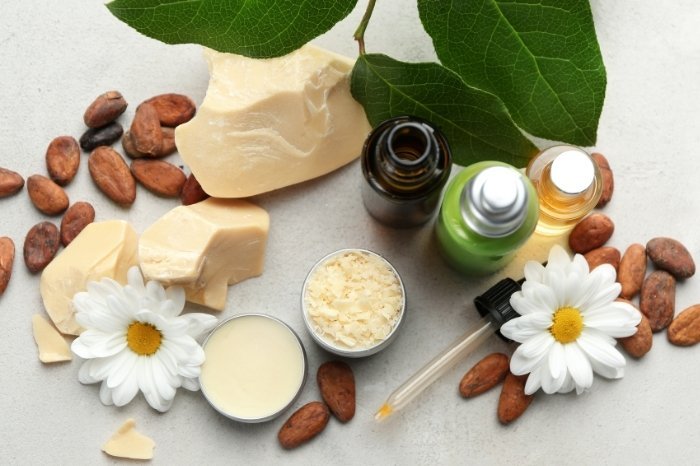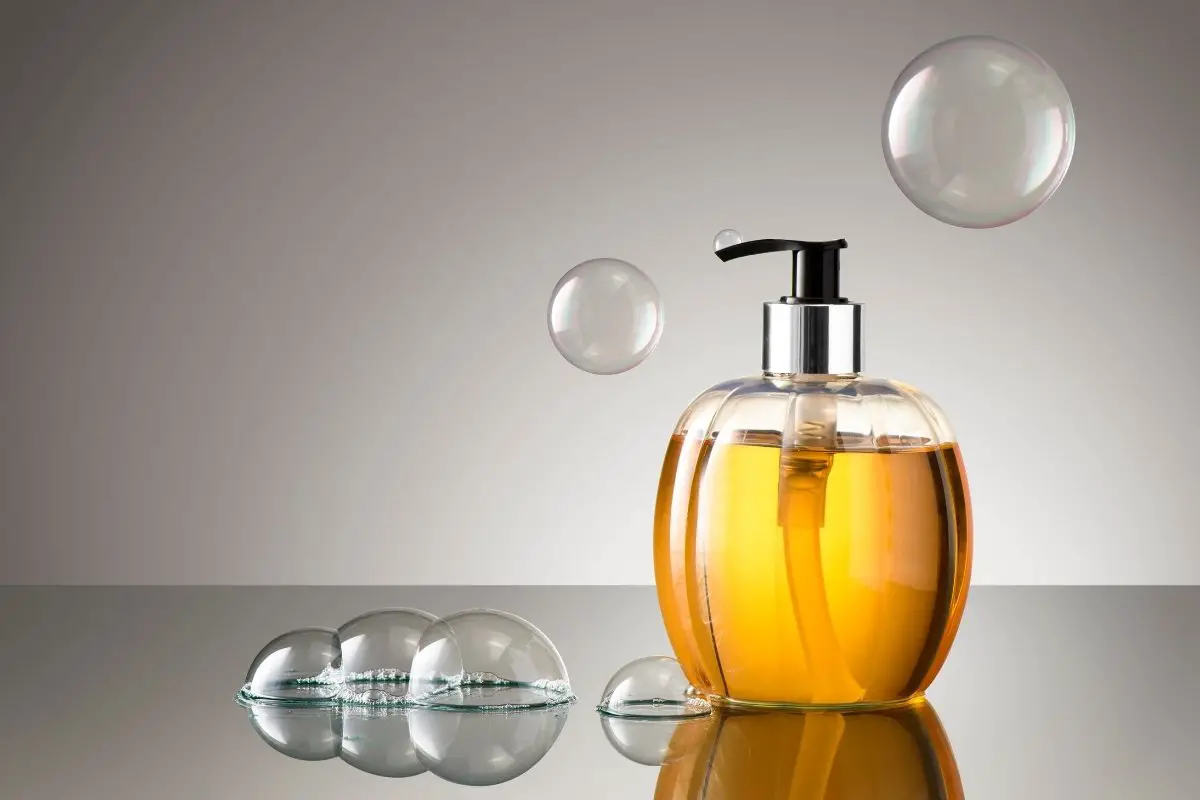Last Updated on October 21, 2024
So, you want to make sure that you have antibacterial soap at home but you don’t trust commercial brands? Here are homemade hand soap antibacterial ideas and tips. We’ll cover most of the main safe and natural ingredients you can use as well as how to add them to your soap, what their benefits and advantages are, and more.
Table of Contents
Can You Make Your Homemade Hand Soap Antibacterial?
You certainly can. And you won’t have to make whole new soap either – all you need to do is take some basic and natural Castile or green liquid soap and make a couple of additions to it. Castile soap seems to be most people’s go-to as it is both strong and effective as well as pretty gentle.
It’s traditionally made out of olive oil and soda – at least that’s how it was made in the Castile region of Spain where it comes from – but nowadays it’s also made out of other vegetable oils such as palm oil, palm kernel oil, jojoba oil, hemp seed, oil, coconut oil, and others.
Almost regardless of which Castile or other green liquid soap you use, the great thing about them is that you can put anything you want in the mixture – including ingredients with antibacterial properties to them.
Check Out What Is Coconut Essential Oil Good For?
What Can You Use To Make Your Homemade Hand Soap Antibacterial?
There are many natural and chemical ingredients used to make soap antibacterial. For a homemade hand soap antibacterial recipe, we’d obviously recommend a more natural ingredient but we’ll cover some of the chemicals used in commercial antibacterial soaps later too.
So, here are the ideal essential oils to add to your liquid soap base to make it antibacterial:
- Eucalyptus
- Cinnamon
- Tea tree
- Lemon
- Lemongrass
- Peppermint
- Lavender
- Bergamot
- Rosemary
- Cedarwood
For an exact dosage, you should generally keep the essential oils at about 1% to 3% of the total volume of the soap you’re going for, whether it’s going to be liquid or solid. Some essential oils should be closer to 3% while others should go above 1%.
Essential Oils Set – Top 20 Organic Gift Set Oils
That’s why it’s important to make sure to always read the label and the instructions of the essential oil you’re using. Additionally, and that should go without saying, the essential oil should always be of good quality – these products aren’t very well regulated so it’s up to the consumer to know what they are getting.
Once you’ve added the right quantity of a good essential oil, the next step is to figure out whether you want to add anything else. Something like grapeseed oil, for example, can add a nice extra touch of Omega-6 fatty acids and vitamin E to your soap which is great for the skin. If you want to add some water too you can do so but make it distilled water to keep your soap clean of any impurities.
And that’s about it, you’ve made your homemade hand soap antibacterial and natural.
Read more about Natural Beta Blocker Supplements – What They Are And Should You Take Them?
What’s The Difference Between A Natural Homemade Recipe And Commercial Antibacterial Soaps?
The big reason to make your own antibacterial soap is that you can make sure all the ingredients in it are of the right quality. Most antibacterial soaps you can buy are made with harsh chemicals that are nasty for the skin and have even been linked to health and environmental problems.

The most common examples include antibacterial chemicals such as triclosan, triclocarban, benzethonium chloride, chloroxylenol, and benzalkonium chloride. Not only are a few of those associated with hormonal and health issues but their continuous dumping in the environment through our home sinks is quite harmful.
Conclusion – Homemade Hand Soap Antibacterial
So, probably the easiest, simplest, and most beneficial solution is to just try our homemade hand soap antibacterial recipe above.
FAQ’s

Barbara is an environmental activist and sustainability advocate who loves living green and sustainable. She firmly believes in reducing her carbon footprint and has been making great strides towards achieving this goal. Barbara is a vegan and avid recycler and has been actively involved in community gardens and other green initiatives. She is passionate about spreading awareness about the importance of living in a sustainable and eco-friendly manner. Barbara is always looking for ways to make a difference in her community and beyond. She is a huge advocate for preserving nature and the planet for future generations.


